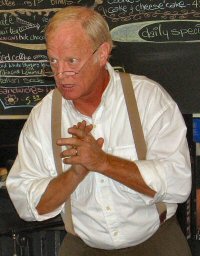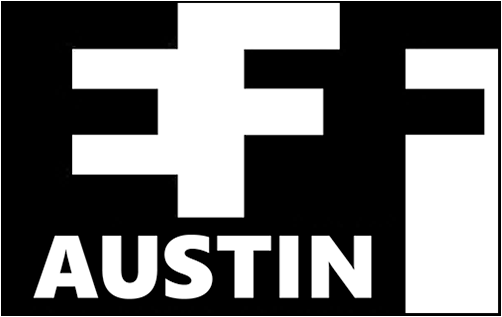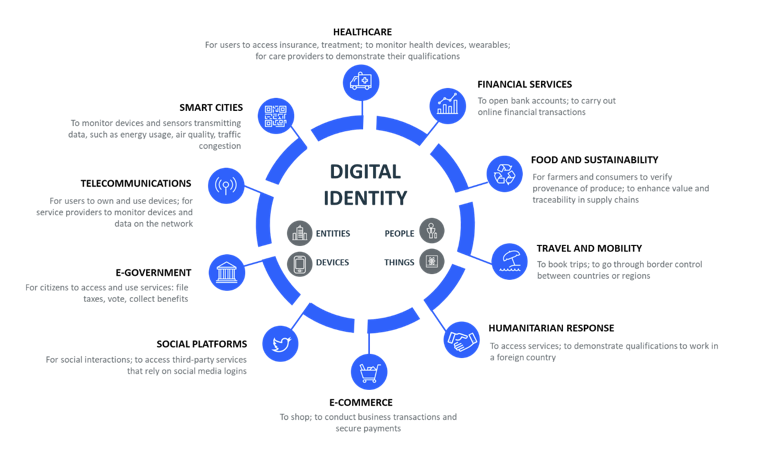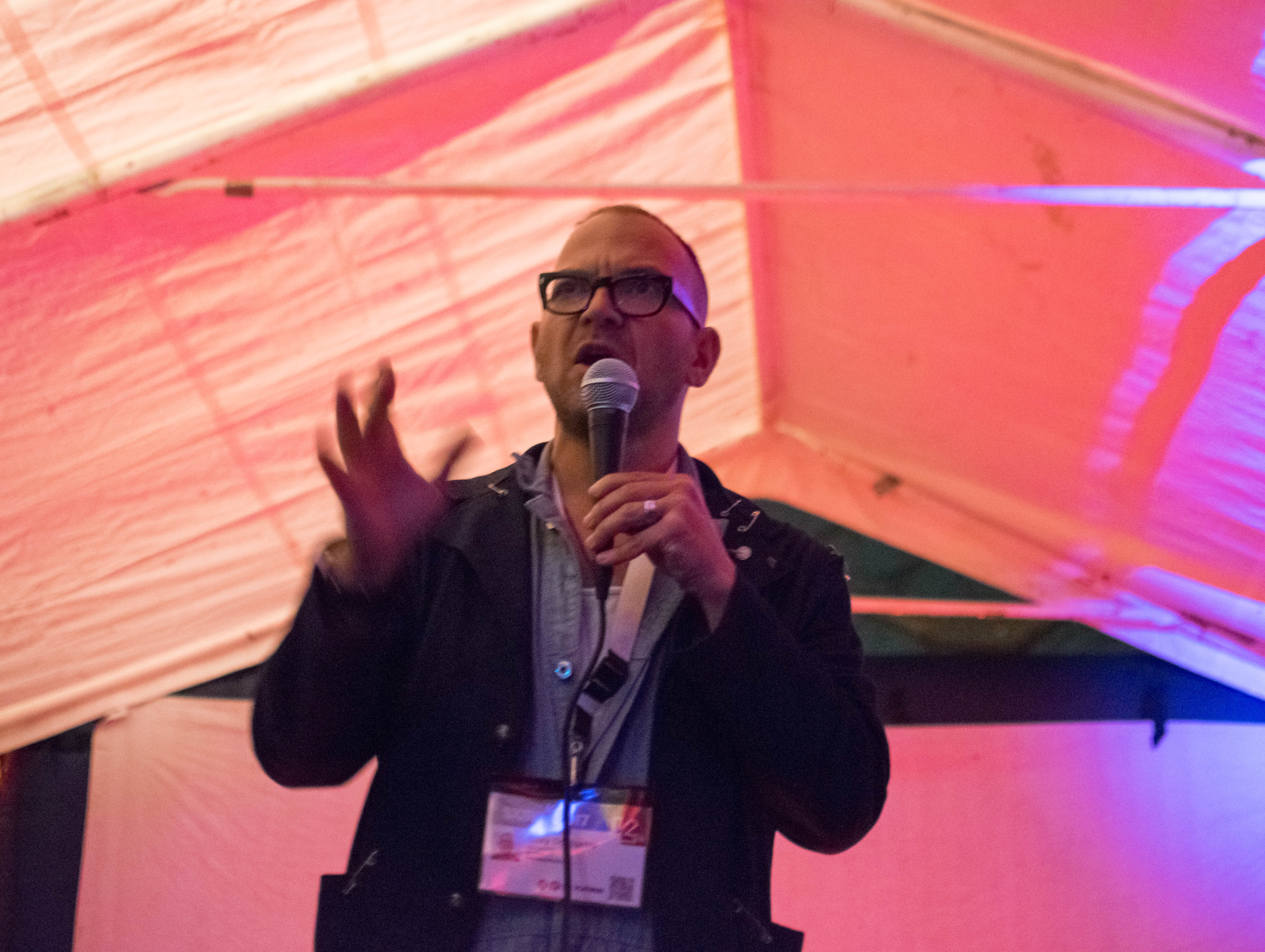When: 7PM Wednesday, July 6, 2011
Where: Flying Saucer, 815 W 47th St at the Triangle.
(Come early for the SFC Farmer’s Market, nearby at the Triangle)
RSVP at http://effanetneutrality-eorg.eventbrite.com/
 Scott McCullough, telecommunications attorney and member of the EFF-Austin Board of Directors will discuss the net neutrality issue viewed through the lens of the proposed AT&T/T-Mobile merger.
Scott McCullough, telecommunications attorney and member of the EFF-Austin Board of Directors will discuss the net neutrality issue viewed through the lens of the proposed AT&T/T-Mobile merger.
How is this merger related to net neutrality? In a letter to the FCC, EFF’s Cindy Cohn said this: “One of the major contributing factors to the risk of non-neutral behavior by carriers is the lack of sufficient competition.” EFF argues in favor of competition and against consolidation of market power. Cohn goes on to argue that “if the Administration, both the FCC and the Department of Justice, seeks to support a more neutral, more innovationfriendly digital communications infrastructure, it should use its efforts to assist in the creation of more competitors, rather than fewer. The merger thus represents a step in the wrong direction.”
Scott will discuss the merger, EFF’s position, and broader issues of net neutrality.
Bring your comments and questions!
W. Scott McCollough is an attorney whose practice focuses on communications, computer and Internet law and regulation, with an emphasis on representation of consumers and small competitive and new technology application and service providers. He also provides instruction and training in those areas to individuals, groups, and companies. He is Board Certified in Administrative Law by the Texas Board of Legal Specialization. Past activities included 10 years as an Assistant Texas Attorney General and Contract Consumer Advocate (representing residential and small business consumers) with City of Austin Electric Utility (1994-1999). Past Regulatory Counsel for Texas ISDN Users Group and Texas Internet Service Providers Association. He has unparalleled knowledge and experience relating to those places where technology and regulation intersect – and often collide – all the way up the protocol stack.




